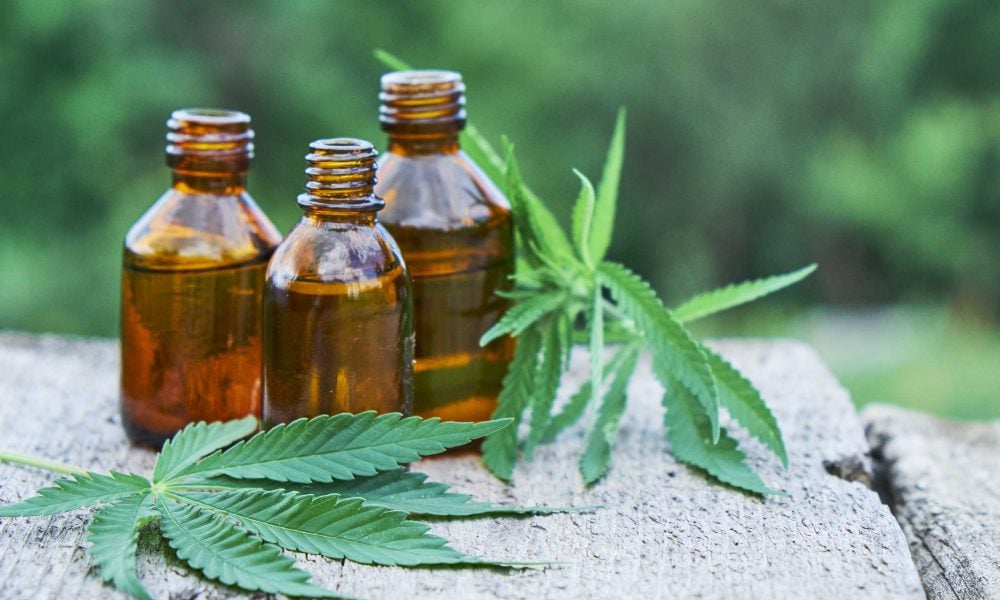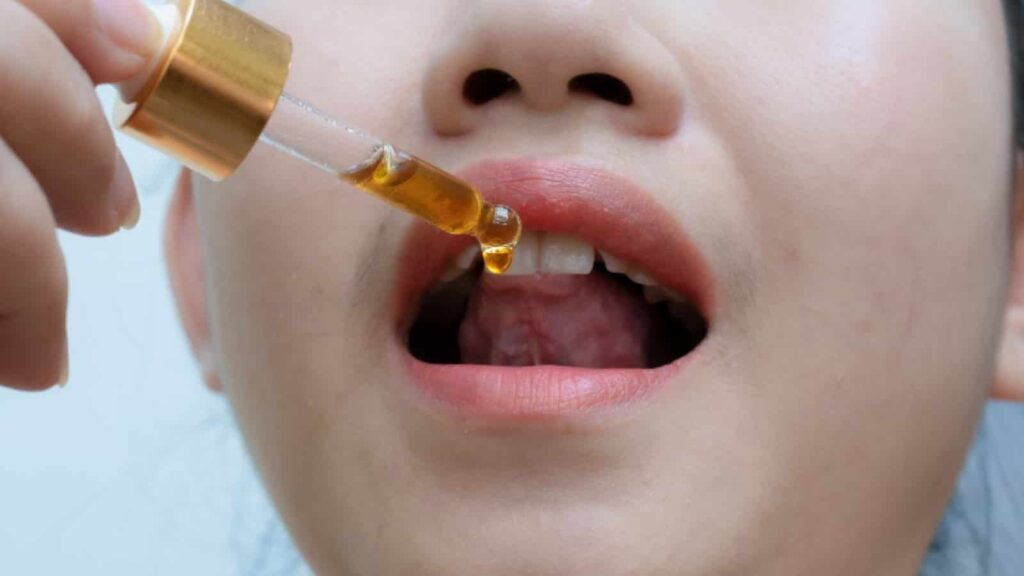Introduction:
In today’s fast-paced world, anxiety has become an all-too-common companion for many. As the search for natural remedies intensifies, CBD has emerged in the spotlight as a potential sqaolution. But does CBD really help with anxiety? Let’s explore this intriguing question.
Understanding CBD:
CBD, short for cannabidiol, is a compound derived from the cannabis plant. Unlike its counterpart THC, CBD does not induce psychoactive effects, making it a safe and non-intoxicating option. It interacts with our body’s endocannabinoid system, which plays a crucial role in regulating various bodily functions, including mood and anxiety.
Scientific Studies:
Although research on CBD’s effects on anxiety is still in its early stages, preliminary studies have shown promising results. A 2019 study published in The Permanente Journal found that 79% of participants experienced decreased anxiety after using CBD. Another study published in Neurotherapeutics suggested that CBD may have potential as a treatment for various anxiety disorders. Numerous studies have investigated the potential of CBD in managing anxiety symptoms. While more research is still needed, initial findings are promising. One study published in the Journal of Clinical Psychology demonstrated that CBD may help reduce anxiety levels in individuals with social anxiety disorder. Another study, published in Neurotherapeutics, suggested that CBD shows potential as an effective treatment for generalized anxiety disorder.
How Does CBD Work?
CBD’s potential anti-anxiety effects can be attributed to its interaction with serotonin receptors in the brain. Serotonin is a neurotransmitter responsible for regulating mood and feelings of well-being. By influencing these receptors, CBD may help promote a sense of calmness and relaxation.
Choosing the Right CBD Product:
When considering CBD for anxiety relief, it’s crucial to choose high-quality products from reputable sources. Look for products that undergo third-party testing to ensure purity and potency. Additionally, consult with a healthcare professional who can guide you on the right dosage and method of consumption.
When considering using CBD for anxiety management, it’s crucial to select high-quality products from reputable sources. Look for CBD derived from organically grown hemp and ensure that it has undergone third-party testing for purity and potency.
It’s important to note that while CBD shows promise as an anxiety-relieving agent, individual experiences may vary. It’s recommended to consult with a healthcare professional before incorporating CBD into your wellness routine, especially if you’re currently taking any medications.
Potential Benefits:
While individual experiences may vary, anecdotal evidence suggests that CBD may help reduce symptoms associated with anxiety disorders such as generalized anxiety disorder (GAD), social anxiety disorder (SAD), and post-traumatic stress disorder (PTSD). Some users have reported improved sleep quality, reduced stress levels, and a general sense of well-being.
CBD is a non-intoxicating compound derived from the cannabis plant. Unlike its cousin THC, CBD doesn’t produce a “high” effect. Instead, it interacts with our body’s endocannabinoid system, which plays a crucial role in regulating various physiological processes, including mood and stress response.
Conclusion:
While more research is needed to fully understand the effects of CBD on anxiety, early studies and anecdotal evidence are encouraging. CBD offers a potential natural alternative for those seeking relief from anxiety symptoms. As always, it is important to consult with a healthcare professional before incorporating CBD into your wellness routine. Take the first step towards a calmer, more balanced life and explore the potential benefits of CBD for anxiety today. Remember to prioritize quality when choosing CBD products and consult with a healthcare professional to determine if it’s the right choice for you. With further scientific exploration, CBD may unlock new possibilities in alleviating anxiety and improving overall well-being.




Cras id vehicula est, tincidunt pellentesque magna. Etiam porttitor nulla urna, quis vulputate justo euismod ac. Nunc viverra sollicitudin fringilla.
Etiam placerat velit vitae dui blandit sollicitudin. Vestibulum tincidunt sed dolor sit amet volutpat. Nullam egestas sem at mollis sodales. Nunc eget lacinia eros, ut tincidunt nunc. Quisque volutpat, enim id volutpat interdum.